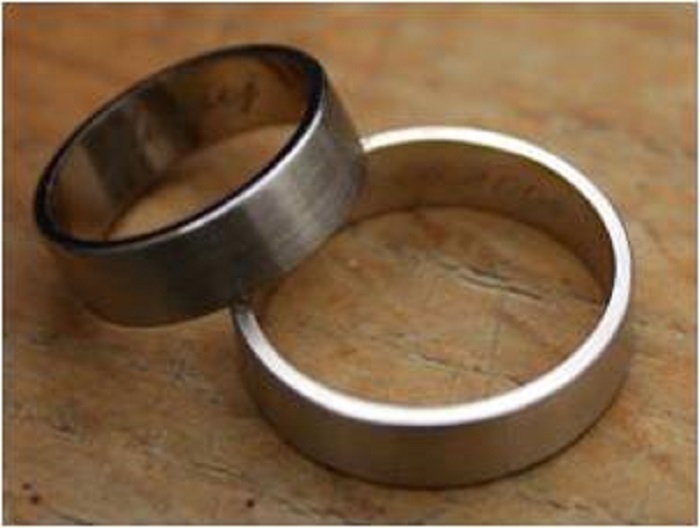Preliminary hearings against the State have begun within the Western Cape High Court, as the Women’s Legal Centre (WLC) and fellow interested parties seek to hold government to account over its failure to pass legislation that would recognise Muslim marriages within a court of law.
The move seeks to compel government to implement the much debated Muslim Marriages Bill, which has effectively divided opinion amongst the local Muslim community.
“As an alternative relief (should the bid fail) they are asking that certain aspects of the bill, the acts relating to marriages and divorce be amended to make provisions for the recognition of Muslim marriages,” explained retired judge, Essa Moosa.
The delay is due to the division on the matter amongst the community, with certain sectors and organisations, including the Muslim Lawyers Association (MLA), Islamic Unity Convention (IUC) and the United Ulama Council of South Africa (UUCSA) all strongly opposed to the bill. Such groups view the bill to be unconstitutional as it “alters Islamic law through impermissible state regulation”.
“There was vociferous opposition from one sector in the community completely opposed to the bill. They conducted quite an emotional campaign calling upon Muslims to oppose the bill in its entirety,” the former judge explained.
Moosa said the issue needed to be addressed by the Muslim community before government was called upon to address the implementation of legislation. However, he did not suspect those in opposition to the bill would be convinced to change their stance.
“I think they (the Women’s Legal Centre) should get together and in fact try and compromise and get a consensus position,” he suggested.
At present Muslim couples are legally considered unmarried unless they approach a court to have the union legally registered. The WLC’s bid seeks to have the registration of such marriages automatically registered, with couples afforded the opportunity to opt out if they so wish.
According to the IUC, the solutions proposed by the WLC “are crafted very narrowly”, leaving women and the Muslim community at large, with very little options. The organisation believes this approach may result in even greater harm and prejudice against Muslim communities, and Muslim women, in the long-run.
“We need the State to recognise our marriages and to provide for a system of registration of Muslim marriages and divorces, as well as for the notarisation and registration of antenuptual contracts. Upon such registration, certificates of marriage or divorce must be provided to spouses. The registration of Muslim marriages and divorces would essentially avoid the pitfalls highlighted by the WLC,” said the IUC in a statement.
“But this does not automatically mean that we must have a written Act with static provisions to regulate our marriages.”
The IUC believes that the Quran already provides clear guidelines for the regulation of Muslim marriages, divorce and the maintenance of children.
“There are also many other guidelines which are not widely publicised, on the maintenance and care of women, which must be brought in the public arena, and made enforceable. Despite the WLC’s claims, legal mechanisms which allow women to access courts will not necessarily translate into access to the court, neither will it translate into access to justice.”
The IUC said it had therefore made many other practical recommendations to the Court, which can be accessed by the public. VOC






 WhatsApp us
WhatsApp us 

